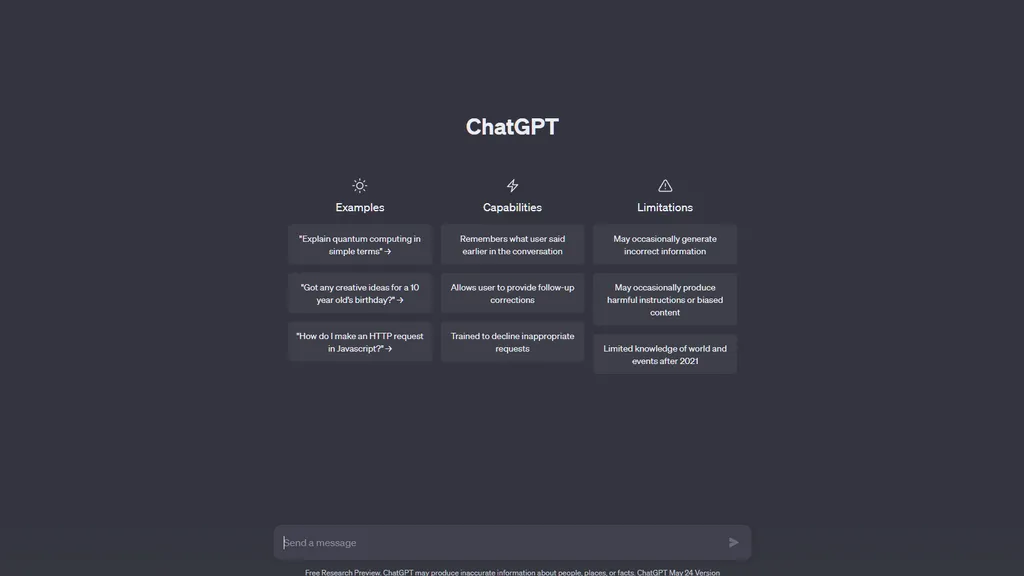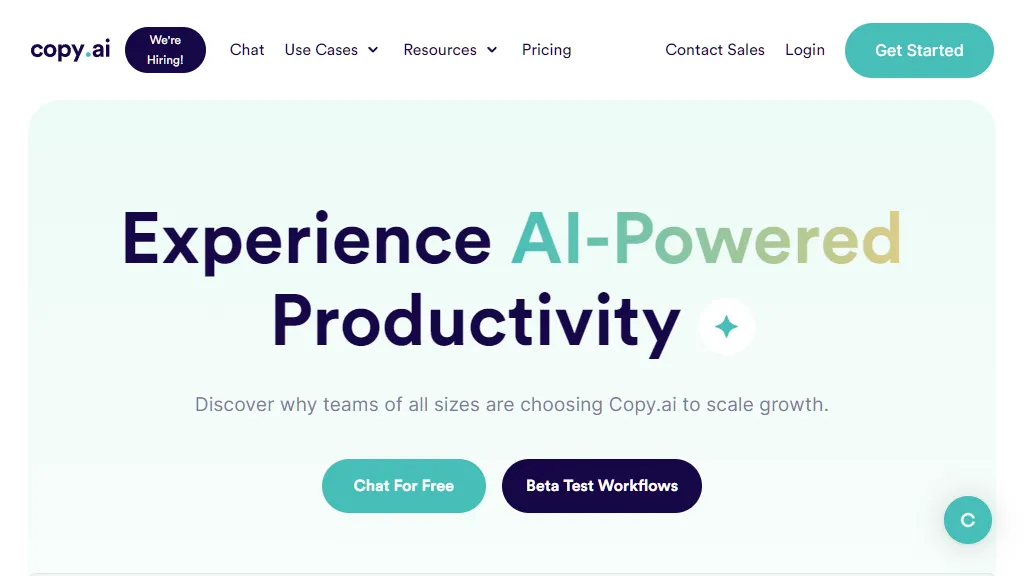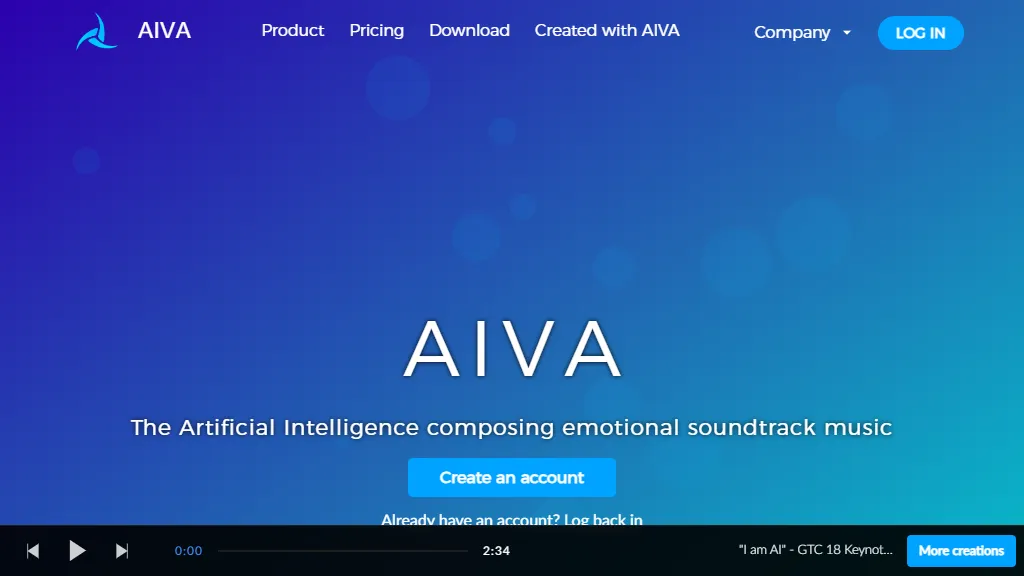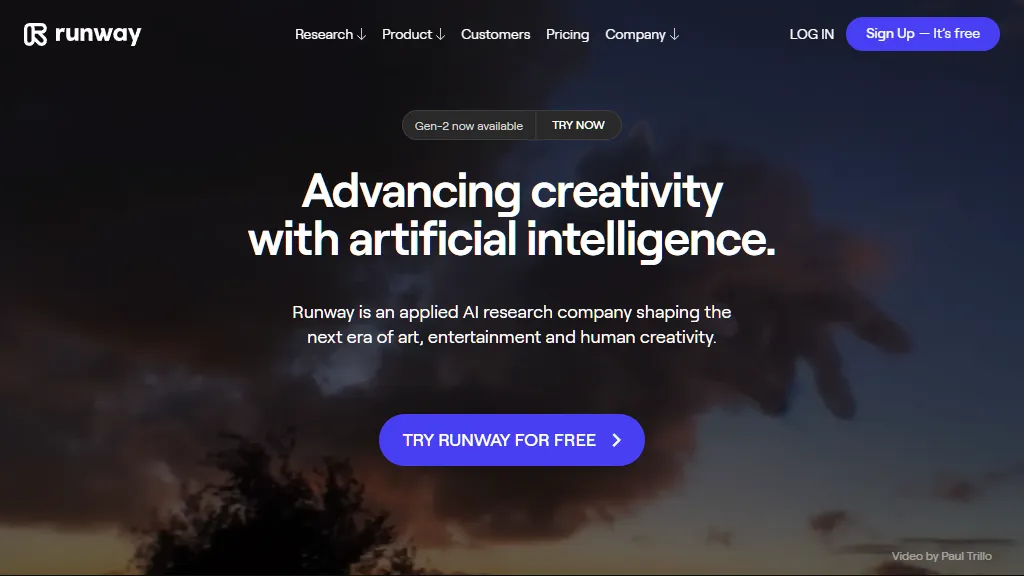Tip Of AI
Discover AI tools
Artificial Intelligence (AI) is a rapidly growing field that has the potential to revolutionize the way we live and work. AI refers to the development of computer systems that can perform tasks that typically require human intelligence, such as learning, problem-solving, and decision-making. In this blog post, we will explore the definition of AI, its brief history, what AI can do, examples of AI in everyday life, the future of AI, and conclude with potential benefits and risks.
AI is the development of computer systems that can perform tasks that typically require human intelligence. These tasks include learning, problem-solving, and decision-making. AI systems can be classified into two categories: narrow or weak AI and general or strong AI. Narrow AI is designed to perform a specific task, such as facial recognition or language translation. General AI, on the other hand, is designed to perform any intellectual task that a human can do.
The concept of AI has been around for centuries, but it wasn't until the 1950s that the field began to take shape. In 1956, John McCarthy coined the term "artificial intelligence" and organized the Dartmouth Conference, which is considered the birthplace of AI. Since then, AI has gone through several phases of development, including rule-based systems, machine learning, and deep learning.
AI can perform a wide range of tasks, including:
- Drive:
Tesla Autopilot is an AI-powered system that can assist with driving tasks, such as steering, accelerating, and braking.
Comma.ai is an open-source project that provides AI-powered software for self-driving cars. It can be used with compatible cars to add self-driving capabilities.
- Book:
Booking.com uses AI to recommend hotels based on user preferences and search history.
Hopper is an AI-powered travel booking app that can predict flight and hotel prices and recommend the best time to book.
- Write:
ChatGPT uses GPT-3 is an AI language model that can generate human-like text, such as news articles and product descriptions.

Copy.ai an AI-powered content creation platform that can generate articles on a wide range of topics.

- Understand:
Google Assistant is an AI-powered virtual assistant that can understand natural language and respond to voice commands.
Replika is an AI-powered chatbot that can learn from users and provide emotional support and conversation.
- Predict:
IBM Watson Analytics is an AI-powered platform that can analyze data and make predictions about future events.
MyFitnessPal is an AI-powered fitness app that can predict how long it will take to reach fitness goals based on user data.
- Diagnose:
Enlitic is an AI-powered medical imaging platform that can help diagnose diseases by analyzing medical images.
Ada is an AI-powered symptom checker app that can help users identify potential health issues and provide personalized health recommendations.
- Protect:
Darktrace is an AI-powered cybersecurity platform that can detect and respond to cyber threats in real-time.
Cylance is an AI-powered cybersecurity platform that can detect and prevent cyber threats in real-time.
- Recommend:
Amazon uses AI to recommend products to users based on their purchase history and browsing behavior.
Netflix uses AI to recommend movies and TV shows to users based on their viewing history and preferences.
- Create:
AIVA is an AI-powered music composition platform that can generate original music in a variety of genres.

RunwayML is an AI-powered creative tool that can generate art, music, and other creative content.

AI is already a part of our daily lives, including:
- Personal assistants like Siri and Alexa: These AI-powered assistants can answer questions, set reminders, and control smart home devices.
- Social media algorithms: AI algorithms determine what content to show users based on their interests and behavior.
- Online shopping recommendations: AI algorithms analyze user data to recommend products that they are likely to purchase.
- Fraud detection: AI can analyze financial data to detect fraudulent transactions.
Advancements in AI technology are expected to continue at a rapid pace. Some potential future developments include:
- More advanced natural language processing: AI systems will be able to understand and respond to human language more accurately.
- Improved robotics: AI-powered robots will be able to perform more complex tasks in a wider range of environments.
- Increased automation: AI will be used to automate more tasks in industries such as manufacturing and transportation.
- More personalized experiences: AI will be used to create more personalized experiences for users in areas such as healthcare and education.
AI has the potential to revolutionize the way we live and work. While there are potential benefits to AI, such as increased efficiency and productivity, there are also potential risks, such as job displacement and privacy concerns. It is important to continue to monitor the development of AI and ensure that it is used in a responsible and ethical manner.